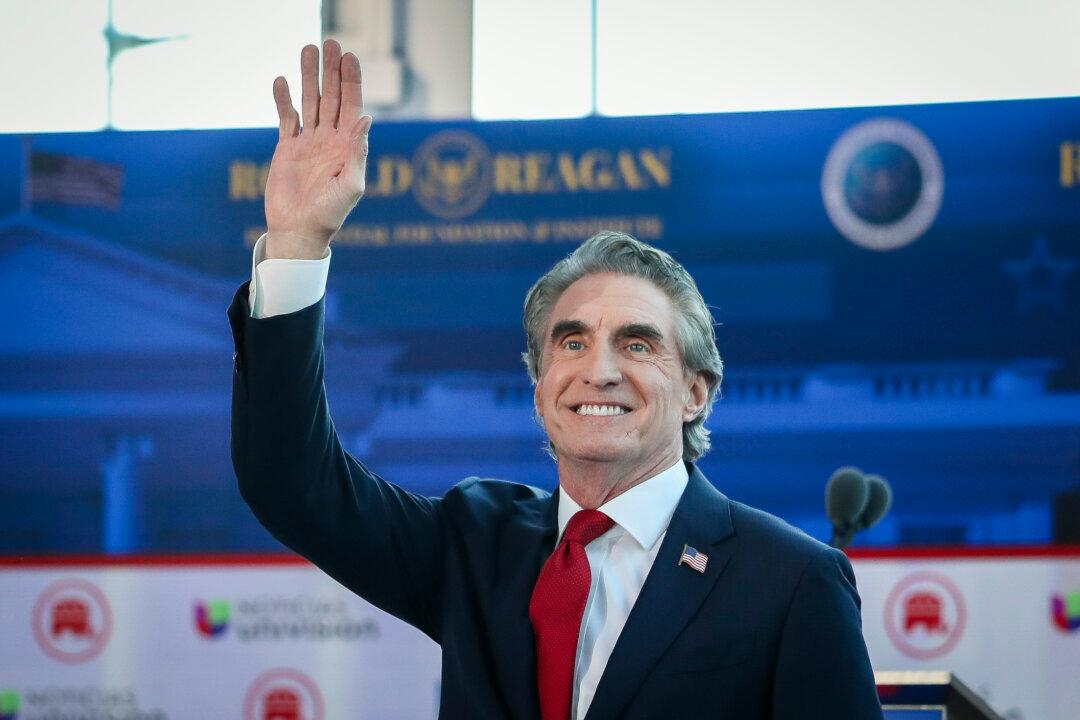President-elect Donald Trump on Nov. 14 nominated out-going North Dakota Gov. Doug Burgum to be secretary of the interior.
Burgum, 68, a wealthy former software executive, has been married to Kathryn Helgaas since 2016. He has two sons and a daughter from his 1991–2003 marriage to Karen Stoker. One of his hobbies is hunting, according to his Instagram page.





